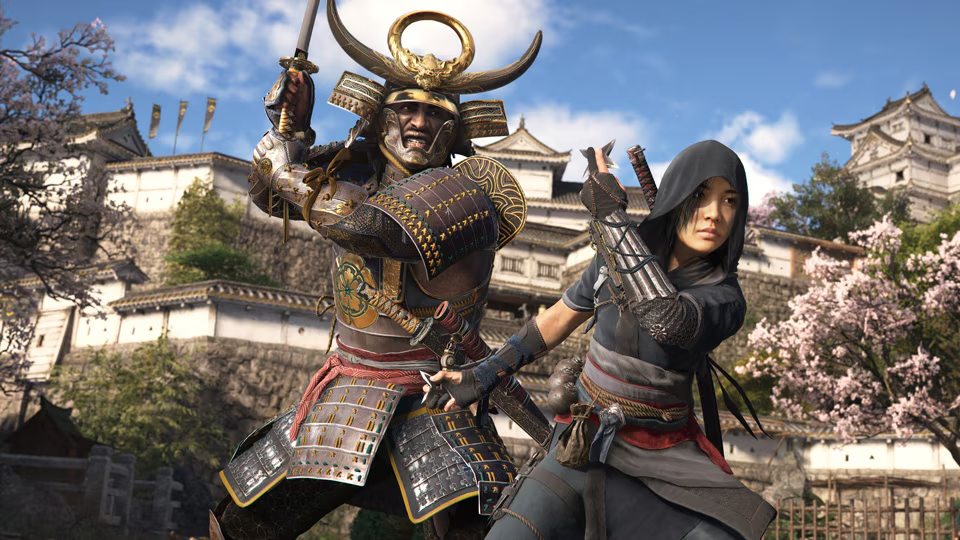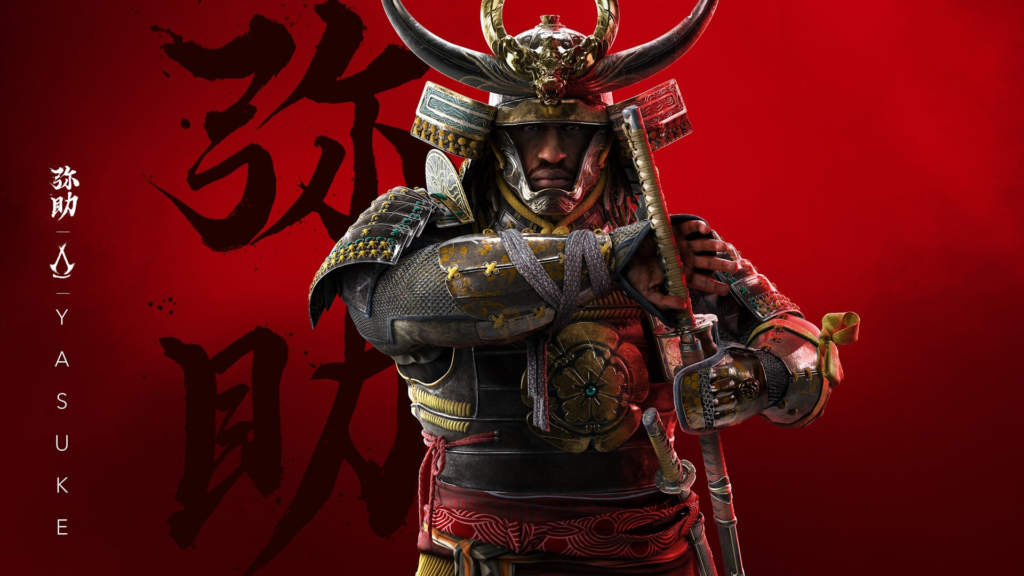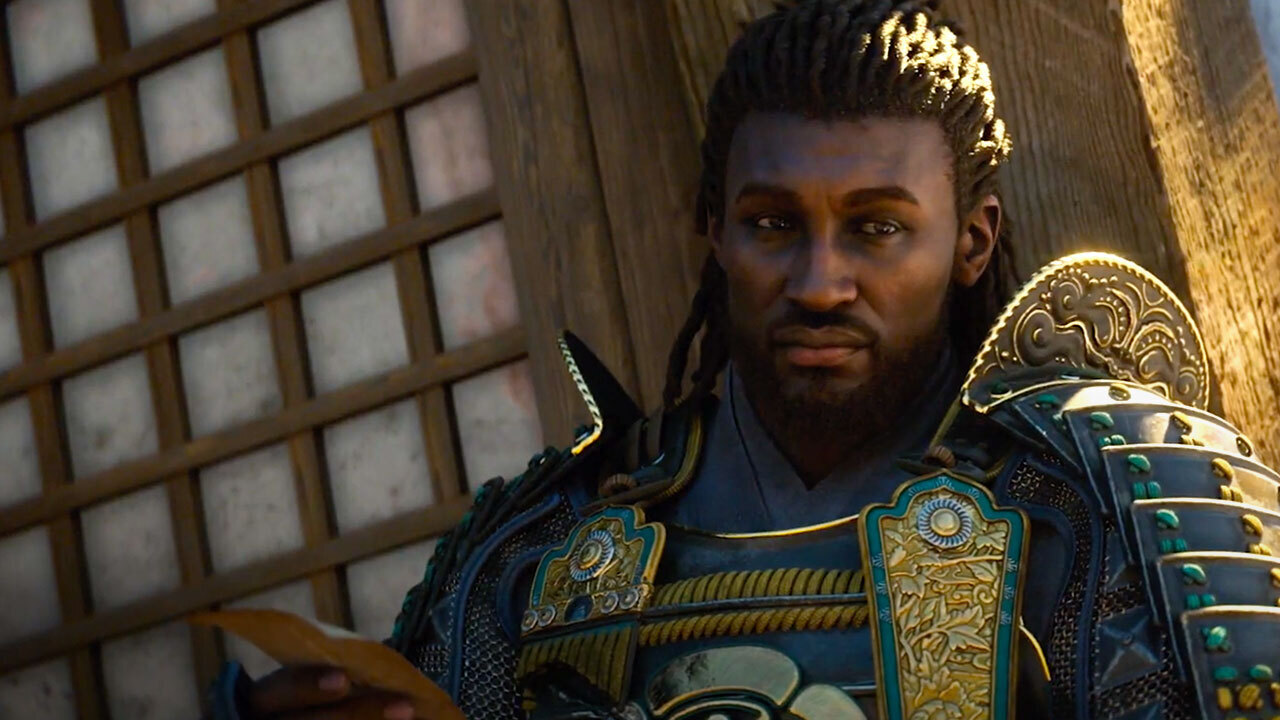The highly anticipated release of Assassin’s Creed Shadows throws players into a thrilling experience with a unique twist: the opportunity to embody a real historical figure. Enter Yasuke, the first African samurai to serve in 16th-century Japan. His story transcends video games, offering a glimpse into a fascinating chapter of cultural exchange and unwavering resilience. Let’s delve deeper into Yasuke’s life and journey.
Origins Shrouded in Mystery

While details surrounding Yasuke’s early life remain unclear, historical accounts suggest he hailed from Africa, possibly the region of present-day Mozambique. He arrived in Japan in 1579 alongside Alessandro Valignano, a Portuguese Jesuit missionary tasked with overseeing Asian missionary activities.
A Chance Encounter with a Powerful Daimyo
Upon arrival, Yasuke’s imposing stature and distinct African features quickly drew the attention of Oda Nobunaga, a powerful daimyo (feudal lord) during the Sengoku period (Warring States period). Nobunaga, renowned for his progressive outlook and curiosity about foreign cultures, was particularly impressed by Yasuke’s strength and imposing physique.
From Foreigner to Samurai: An Unprecedented Honor
Nobunaga’s fascination with Yasuke transcended mere curiosity. He defied societal norms by taking Yasuke under his wing, integrating him into his samurai ranks. This was a highly uncommon honor for a foreigner in 16th-century Japan. Yasuke received the coveted title of samurai, granting him land ownership and the right to bear arms, including the iconic katana, a symbol of true samurai status. He served faithfully under Nobunaga, rising to become one of his trusted confidantes.
A Warrior on the Battlefield

Yasuke wasn’t simply a figurehead or a symbol of Nobunaga’s open-mindedness. He actively participated in numerous crucial battles alongside his lord. Witnessing pivotal historical events, Yasuke undoubtedly played a role in Nobunaga’s military campaigns. One of the most significant moments in Japanese history would also become a defining point in Yasuke’s story: the siege of Honnō-ji Temple in 1582. This infamous event saw Nobunaga betrayed by his subordinate, Akechi Mitsuhide. Facing imminent defeat, Nobunaga was forced to commit seppuku (ritual suicide). Yasuke, displaying unwavering loyalty, fought valiantly to defend his fallen lord.
An Uncertain Fate After Nobunaga’s Demise
Following Nobunaga’s demise, Yasuke was captured by Akechi Mitsuhide’s forces. However, due to his foreign origins and the ambiguity surrounding his official samurai status, Akechi spared his life. Instead, Yasuke was handed over to the Jesuit missionaries. This period in Yasuke’s life remains shrouded in obscurity, with historical records offering minimal details about his fate. Some theories suggest he may have spent his remaining days residing with the missionaries.
A Legacy of Cultural Exchange and Unwavering Determination
Despite the ambiguity surrounding his final years, Yasuke’s story remains etched in history. He stands as a testament to the power of cultural exchange and the ability to transcend societal boundaries. Yasuke’s life has become an inspiration, immortalized in various forms of media, including books, comics, and even the Netflix anime series “Yasuke.” He represents a unique chapter in Japanese history, showcasing the possibility of forging connections and achieving respect despite cultural and racial differences.
A Broader Historical Context

Assassin’s Creed Shadows offers a platform to experience a part of Yasuke’s story, but his life holds a significance that extends far beyond the realm of video games. The Sengoku period was a turbulent era marked by constant warfare and political intrigue. Nobunaga, a figure of immense historical importance, is remembered for his ambitious campaign to unify Japan. His revolutionary ideas and disregard for tradition paved the way for a more centralized government. Yasuke’s presence within Nobunaga’s inner circle reflects the daimyo’s willingness to embrace change and challenge social norms.
In conclusion, Yasuke’s story transcends the realm of video games. He serves as a historical figure who embodied cultural exchange and unwavering determination. His life offers a glimpse into a fascinating period in Japanese history, reminding us of the transformative power of forging connections across cultural and racial divides. Whether wielding a controller in Assassin’s Creed Shadows or simply delving into historical accounts, Yasuke’s legacy continues to inspire and captivate audiences worldwide.













